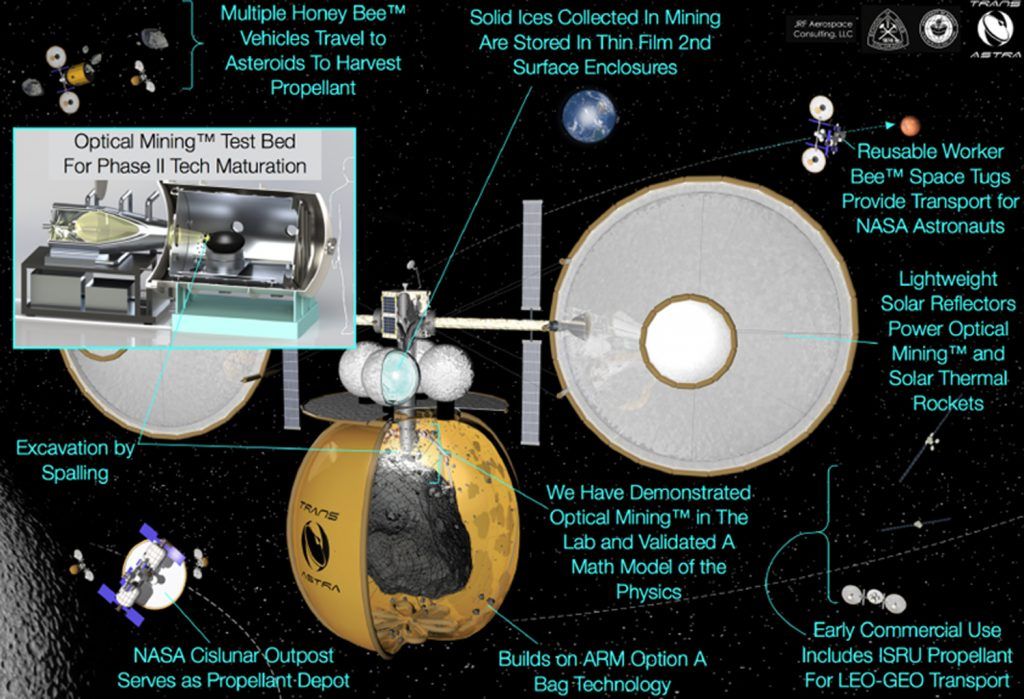The small EU nation has made big steps into the digital future with the Estonian eResidency and eID programs. Government and private sector services are now delivered securely online and worldwide entrepreneurs are starting companies virtually in Estonia. But the country’s president sees challenges ahead for countries around the globe as the nature of work transforms and it becomes difficult to tax income using traditional geographic models.






